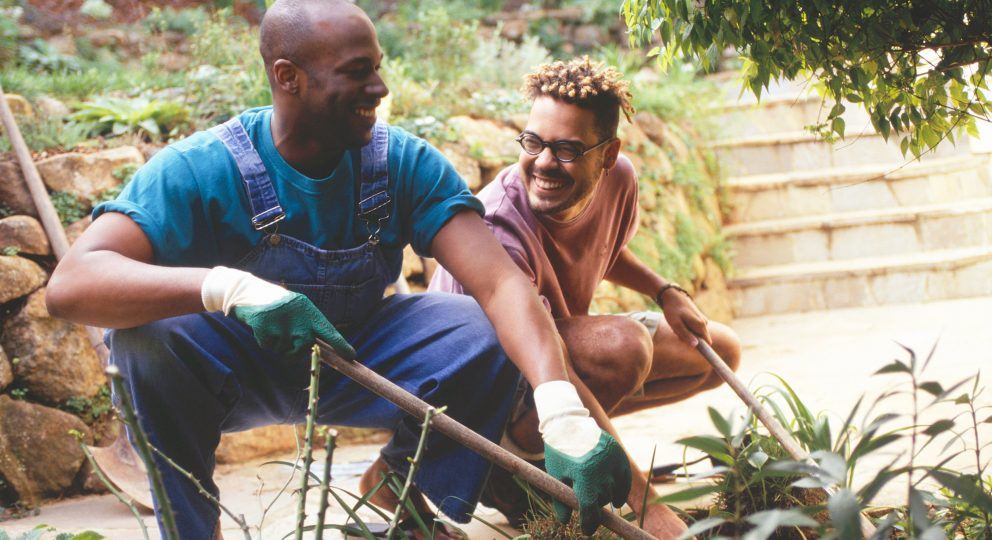What do you do if you love your partner, but you are no longer in love with your partner? Does the feeling of love transform or change over time?
In my book Principia Amoris: The New Science of Love, I explain the three natural phases of love. While being in love is a very complex experience, my research has identified choice points when love may either progress to a deeper place, or deteriorate.
Phase 1: Falling in Love – Limerence
In 1979, Dorothy Tennov coined the term “limerence” for the first stage of love, characterized by physical symptoms (flushing, trembling, palpitations), excitement, intrusive thinking, obsession, fantasy, sexual excitement, and the fear of rejection.
In Dr. Theresa Crenshaw’s book The Alchemy of Love and Lust, it is clear that not just anyone can set off the cascade of hormones and neurotransmitters that accompanies the exciting first phase of love. The person we select has to smell right, feel right, look right, and be just right in our arms. Then, and only then, will the cascade get started.
Here is a partial list of chemicals that exert an enormous influence on Phase 1:
- Phenyleteylamine (PEA) is a natural form of amphetamine our bodies produce and has been called “the molecule of love.”
- Pheromones, produced from DHEA, influence sensuality rather than sexuality, creating an inexplicable sense of well-being and comfort.
- Ocytocin has been called “the cuddle hormone.” It compels us to get close, and when we are feeling close (to anyone) we secrete it. It is secreted by the posterior pituitary gland, and stimulates the secretion of dopamine, estrogen, LHRH, and vasopressin.
The cascade of “in-love” hormones and neurotransmitters of Phase 1 is highly selective and multifaceted in the experience of love and limerence. It is also generally accompanied by poor judgment, so that people will ignore the red flags that they will inevitably confront in Phase 2 of love.
Phase 2: Building Trust
The big questions of Phase 2 of love are, “Will you be there for me? Can I trust you? Can I count on you to have my back?” These questions are the basis of all conflicts newlyweds had in my Love Lab. The answer to this question is the basis of secure or insecure attachment in the relationship.
Love in Phase 2 becomes punctuated by frustration, exasperation, disappointment, sadness, and fury. The majority of fighting in a relationship happens in the first two years.
Thus, the success or failure of Phase 2 is based on how couples argue. If the ratio of positivity to negativity exceeds 5:1 during conflict discussions, a couple is likely to stay together.
The building of trust is about having your partner’s best interests in mind and at heart. It’s about listening to your partner’s pain and communicating that when they hurt, the world stops, and you listen. Over time I have created a model of communication that helps partners attune to one another.
The word “ATTUNE” is actually an acronym that stands for six processes:
- A for Awareness of one’s partner’s pain
- T for Tolerance that there are always two valid viewpoints in any negative emotions
- T for Turning Toward one partner’s need
- U for trying to Understand your partner
- N for Non-defensive listening
- E for Empathy
Phase 3: Building Commitment and Loyalty
Phase 3 of love is about building true commitment and loyalty. It is about a couple either cherishing one another and nurturing gratitude for what they have with their partner, or the couple nurturing resentment for what they think is missing. This third phase is about making a deeper love last a lifetime, or slowly nurturing a betrayal.
An important metric in Phase 3 of love is what I call the fairness metric. The sense that power is fairly distributed in a relationship is what the fairness metric is all about. It is very difficult to establish deep and lasting trust in a relationship that has an unwelcome power asymmetry, one in which the distribution of power feels unfair to at least one person.
Although love appears to be a process that is highly unpredictable, my decades of research and the research of my colleagues have discovered that the opposite is true.

Sign Up and Elevate Your Relationship in Just 60 Seconds
The Marriage Minute is an email newsletter from The Gottman Institute that can improve your relationship with a digestible, bi-weekly dose of helpful tips and tricks. Over 50 years of research with thousands of couples has proven a simple fact: small things often can create big changes over time.










